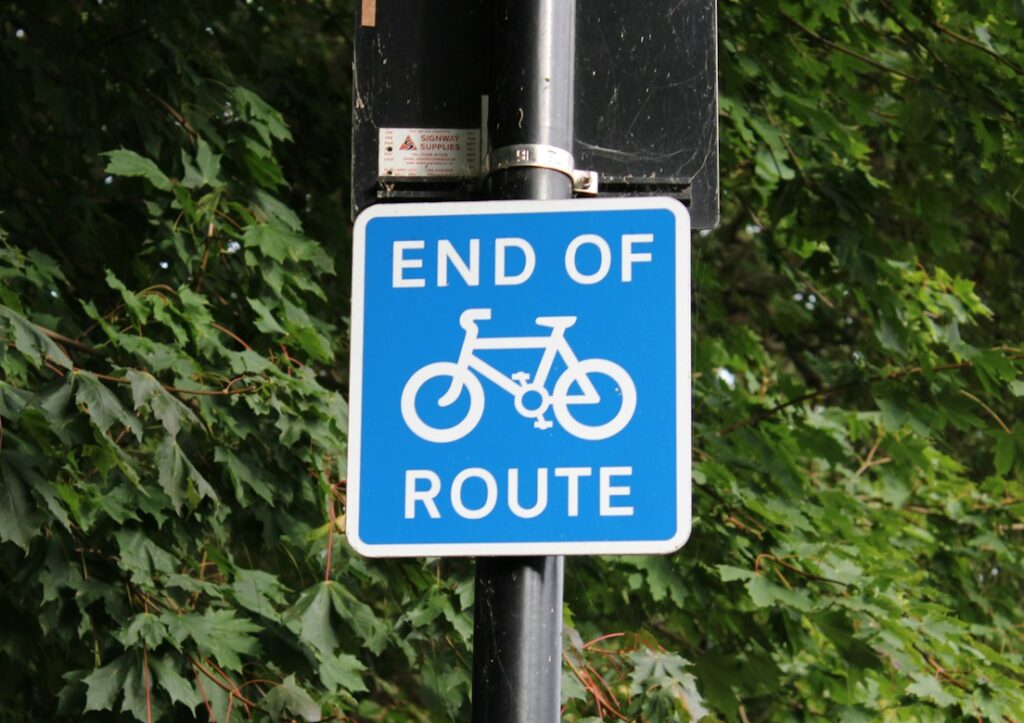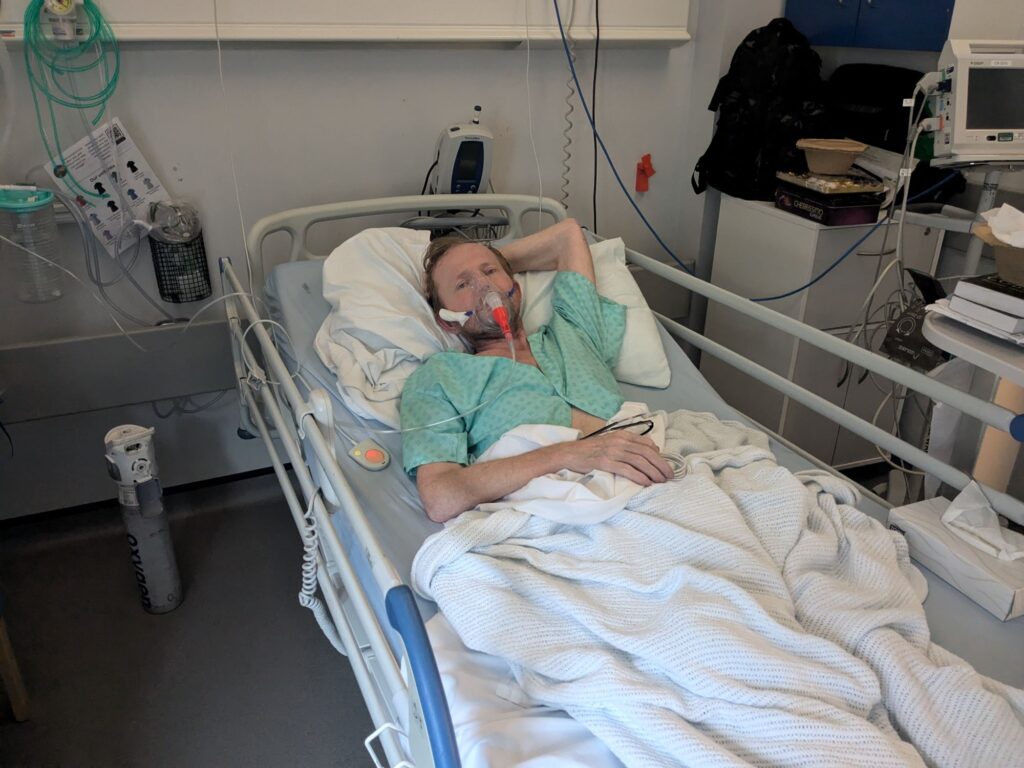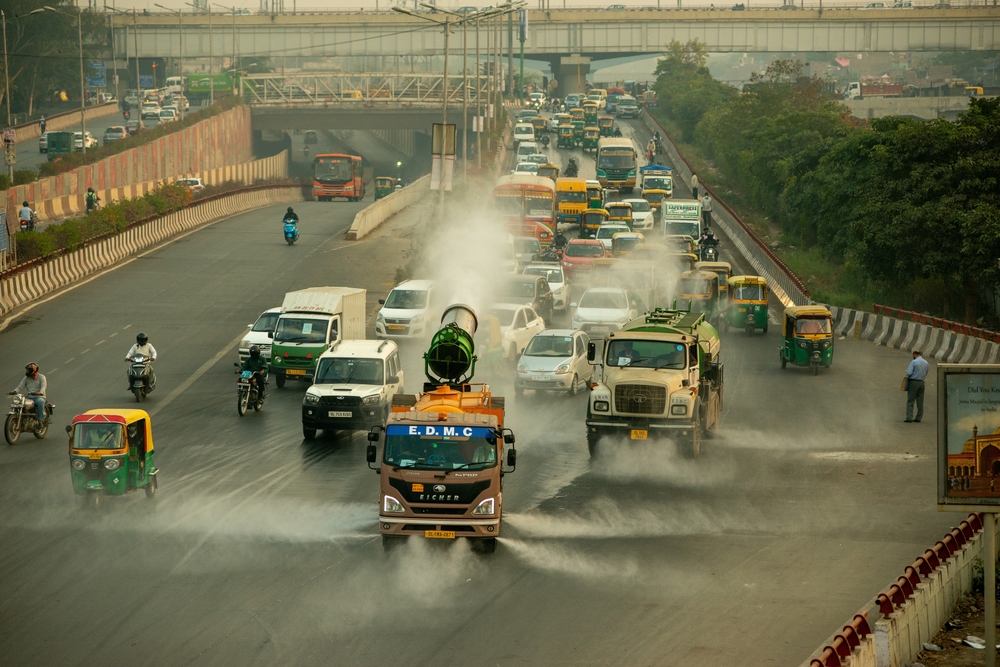Nine years after publishing Every breath we take: the lifelong impact of air pollution, the Royal College of Physicians are reminding us that the health and financial burden of air pollution remains vast and more must still be done.
Their new report, titled: A breath of fresh air: responding to the health challenges of modern air pollution, synthesises a decade of research showing that even low concentrations of air pollution can cause harm across nearly every organ in the body. Linked conditions include cardiovascular disease, cancer, stroke, impaired foetal development, mental illness and dementia.
In his foreword, Professor Chris Whitty, chief medical officer: says: ‘Outdoor air pollution should be seen as a societal problem: one polluting industry or road can lead to many thousands of people being affected without having any choice about the matter.’
But the report also highlights growing risks indoors: Poor ventilation, damp and mould, and emissions from gas stoves, heaters and household products which are increasingly recognised as major contributors to health burdens, particularly as people spend more time indoors.
The estimated cost of air pollution to the UK in 2019 exceeded £27 billion, encompassing healthcare pressures, lost productivity, and diminished quality of life. Including impacts like dementia, this figure may be as high as £50 billion.
By 2025, around 30,000 deaths annually are expected to be linked to toxic air which, despite current policies and technological advancements, is only a modest reduction from the 2019 figure. Even by 2040, annual costs could still reach £30 billion, underlining the inadequacy of current trajectories.
The report places particular emphasis on the disproportionate impacts of air pollution on disadvantaged communities – who are often least responsible for emissions yet suffer the greatest health harms.
The RCP calls for urgent, coordinated action across government departments, including stricter emissions controls, clearer pathways to meeting WHO air quality targets, targeted support for vulnerable groups, and a nationwide public health campaign on air pollution. Integration with Net Zero strategies is also seen as essential to maximising co-benefits for health and the environment.
Dr Mumtaz Patel, president of the Royal College of Physicians said: ‘Air pollution can no longer be seen as just an environmental issue – it’s a public health crisis. We are losing tens of thousands of lives every year to something that is mostly preventable. And the financial cost is a price we simply cannot afford to keep paying. There is no safe level of air pollution. The government must act now to protect our health.’
‘We wouldn’t accept 30,000 preventable deaths from any other cause. We need to treat clean air with the same seriousness we treat clean water or safe food. It is a basic human right – and a vital investment in our economic future.’
Professor Sir Stephen Holgate CBE, RCP special adviser on air quality, UKRI clean air champion and clinical professor of immunopharmacology, University of Southampton, said: ‘The science is now overwhelming; air pollution is a major driver of disease across the life course – from low birth weight and childhood asthma to heart attacks and dementia. It must be recognised and treated as a public health issue. The cost of inaction is measured not only in lives lost, but in people not being able to live healthily and in billions drained from our economy every year. We must act now – and we must act together.’
Dr Gary Fuller, UKRI clean air champion, associate professor in air pollution measurement at Imperial College London and joint editor of the report, said: ‘The UK is falling behind Europe in its legal protections on breathing polluted air. Europe’s ambition, as embodied in legislation, now is far greater than ours.
‘We have an opportunity to make the UK an international leader in creating clean air. This means working across society to identify a pathway towards the World Health Organisation’s air quality guidelines. We are largely manging air pollution using the evidence from the 20th century rather than the evidence that we have gained in the last 25 years. We have a chance to mobilise this new knowledge to reviewing existing limits and policies to see if they doing enough to combat the many thousands of preventable deaths that we are seeing every year.’
Dr Suzanne Bartington, UKRI clean air champion, clinical associate professor in environmental health and honorary consultant in public health at the University of Birmingham and editor of the report, said: ‘Exposure to air pollution is not a momentary problem – the impact lasts the course of a whole lifetime. The scientific evidence is crystal clear that exposure to air pollution, even at low levels, in one part of our lives can go on to seriously affect our health in another. This preventable risk factor contributes to the onset and severity of a wide range of diseases, reducing quality of life and increasing demand for NHS and care services.
‘Higher concentrations of pollutants are often found in more socially disadvantaged areas, contributing to health inequalities. Through no fault of their own many people are destined to an increased likelihood of ill health, purely because of where they live. It is crucial that serious public health focus is given to the disproportionate impact of air pollution on certain groups of society, and the areas and populations with the greatest vulnerabilities.’


















Leave a Reply